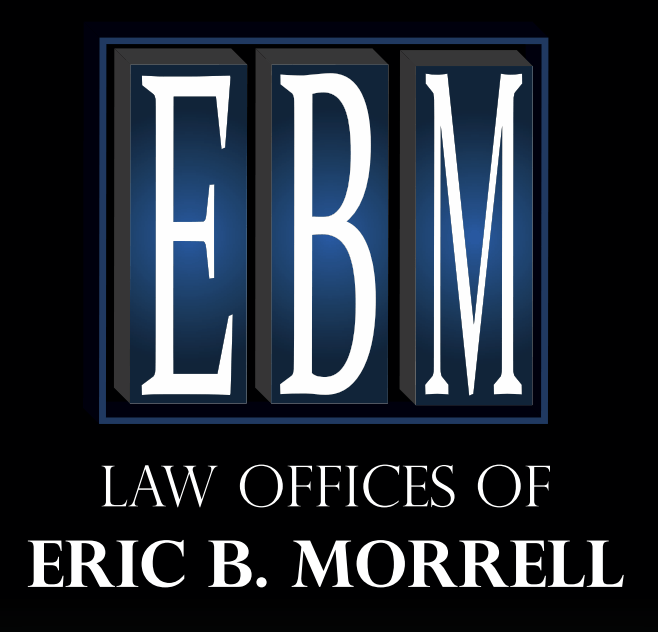Change in the Sexual Assault Survivor's Protection Act Consent Standards
There has been a recent interpretation of the standard regarding the elements of consent in the groundbreaking Sexual Assault Survivor’s Act. The SASPA allows victims of sexual assault to obtain protective orders, similar to restraining orders, regardless of relationship status, and is obtainable by minors and adults. The legislation was created a few years ago for individuals assaulted on college campuses in New Jersey, who didn’t have dating relationships with their assaultors. As such, SASPA would allow them to get a protective order. In C.R. v. M.T. the court held that an M.T.S standard (consent given willingly) will be applied rather than a prostration of faculties standard C.R. v. M.T. (A-58-19) (083760).
In this case, the plaintiff and defendant engaged in sexual activity while the plaintiff was intoxicated. The plaintiff alleges that the encounter was not consensual because she was too intoxicated to give consent. The defendant affirmed that the plaintiff was intoxicated but claimed that the activity was consensual.
Particularly of interest, in this case, are the different standards of proof required to obtain a protective order. At the trial court level, the court applied a preponderance of evidence standard. This means that there is a more than 50 percent likelihood both prongs of SASPA are fulfilled. In C.R. v. M.T., this required (1) non-consensual sexual conduct and (2) the possibility or threat to future safety or wellbeing. It also applied the prostration of faculties standard in which the plaintiff must prove an “extremely high level of [voluntary] intoxication”. This standard placed an emphasis on the mental capacity and ability of the plaintiff, rather than the action of giving or withholding consent. At the appellate level, the court rejected this standard.
At this time, the court decided that the prostration of faculties was not applicable in SASPA cases because it is typically used by defendants in criminal trials. Unlike a criminal trial, in a SASPA case, the plaintiff’s goal is to obtain a protective order. Therefore, instead of a prostration of faculties standard, the court held that an M.T.S. standard needed to be fulfilled as previously established in the State in the Interest of M.T.S.129 N.J. 422, 609 A.2d 1266, 1992 N.J. 420.
This standard requires that the plaintiff must show sexual conduct occurred without “freely and affirmatively given permission”. Here, the standard focuses on if consent was given rather than the mental capacity to give consent. It is the standard by which the case should be decided, with irrelevance to voluntary or non-voluntary intoxication. In this case, though the plaintiff was voluntarily intoxicated, consent was not freely and affirmatively given, therefore, the plaintiff would be able to obtain a protective order. When the two prongs of SASPA are fulfilled and the M.T.S. standard is applied to the two prongs, then a protective order can be issued.
Here at the Law Offices of Eric B. Morrell, we understand that these issues may be difficult to navigate. We are committed to fighting for our clients, and are familiar with cases that could directly affect our client. If you feel you have been sexually assaulted or have been served a protective order, please contact our offices so that we may fight for you.








